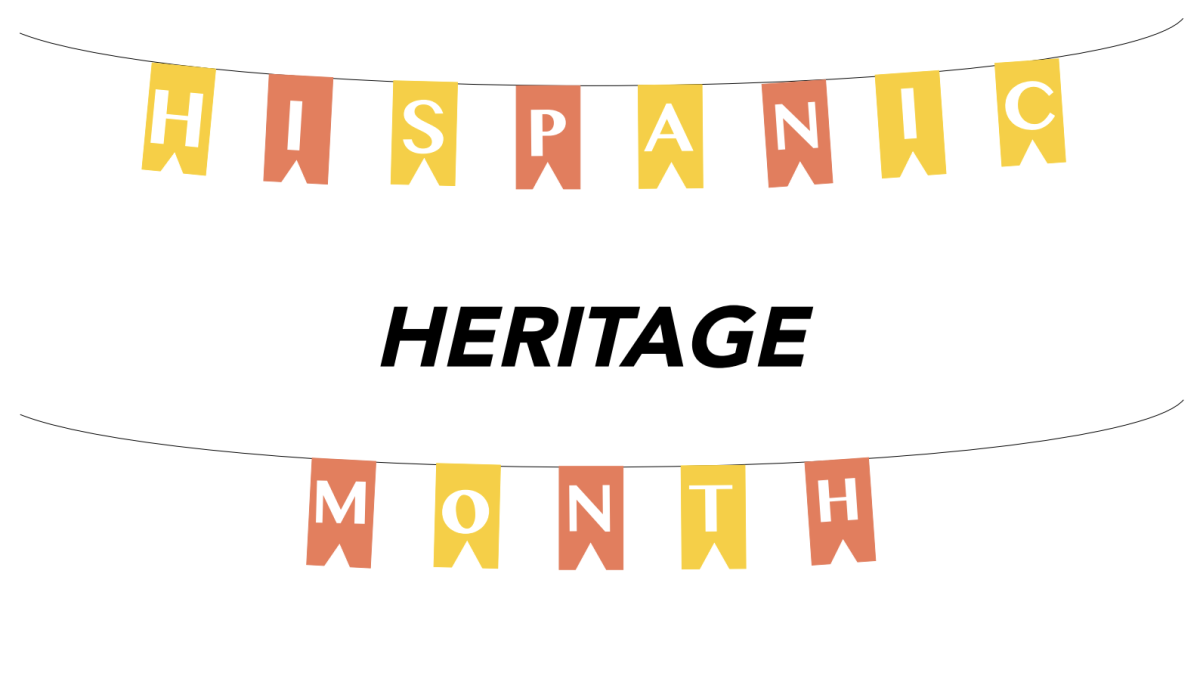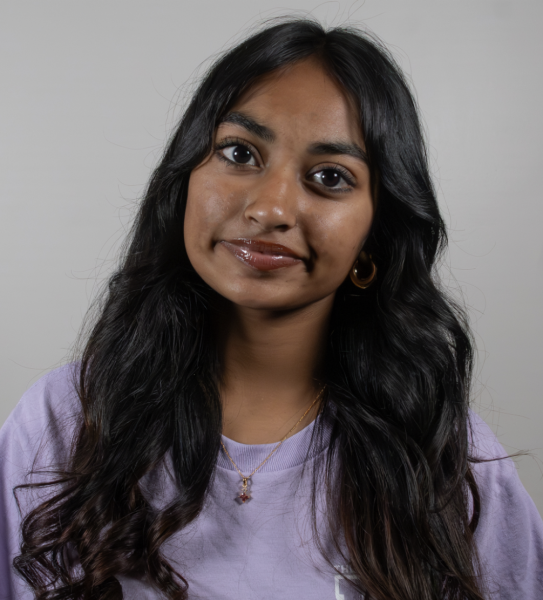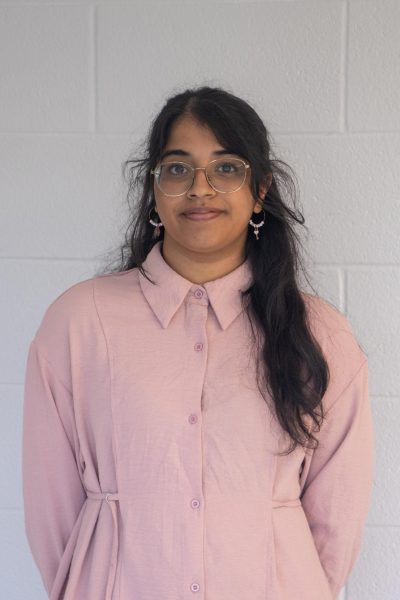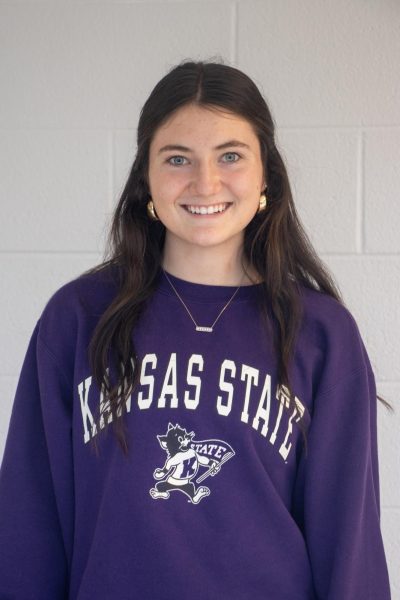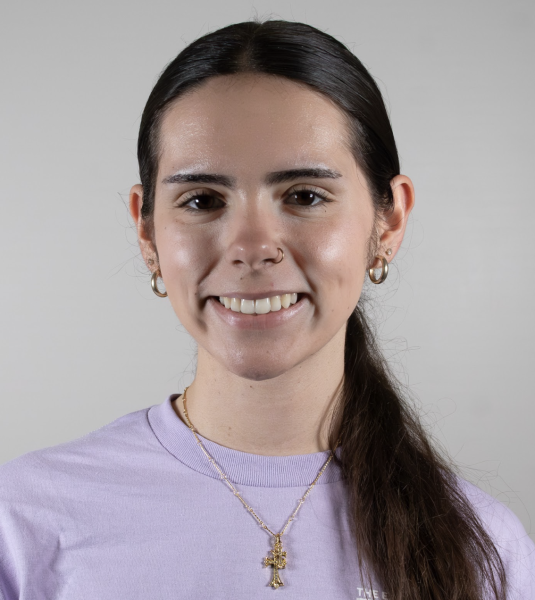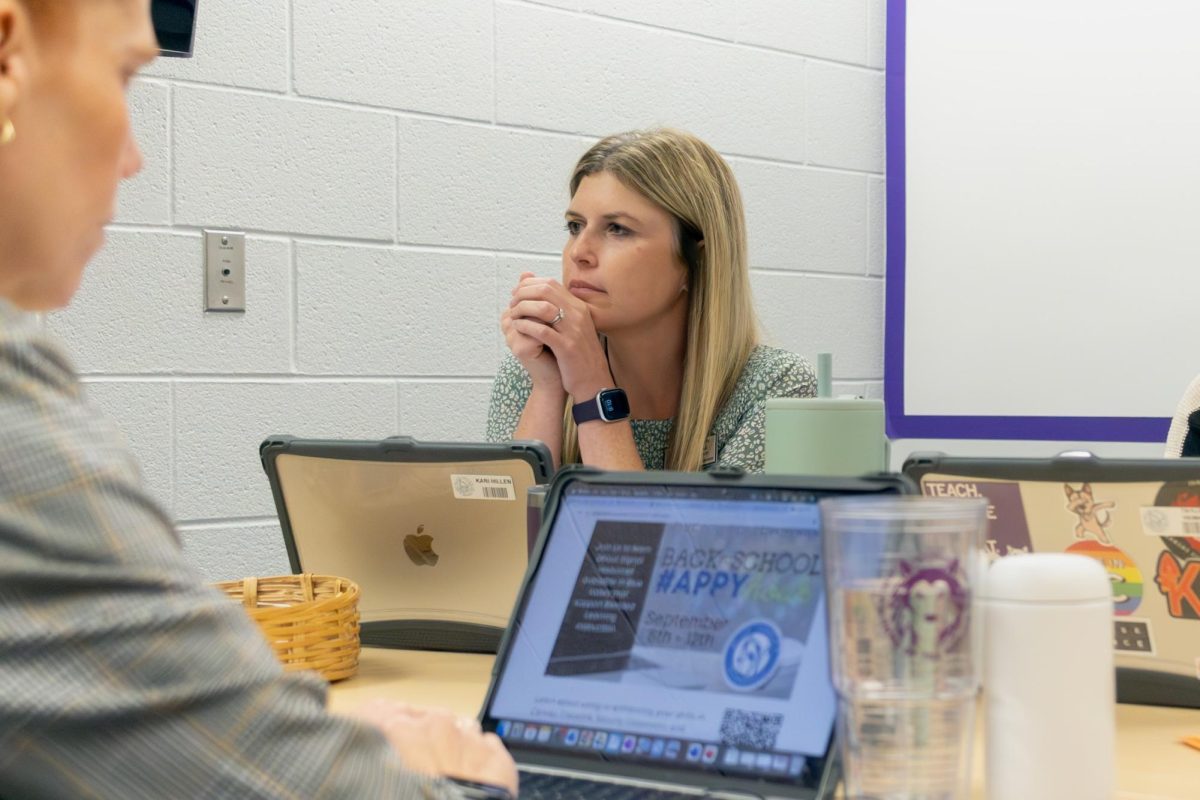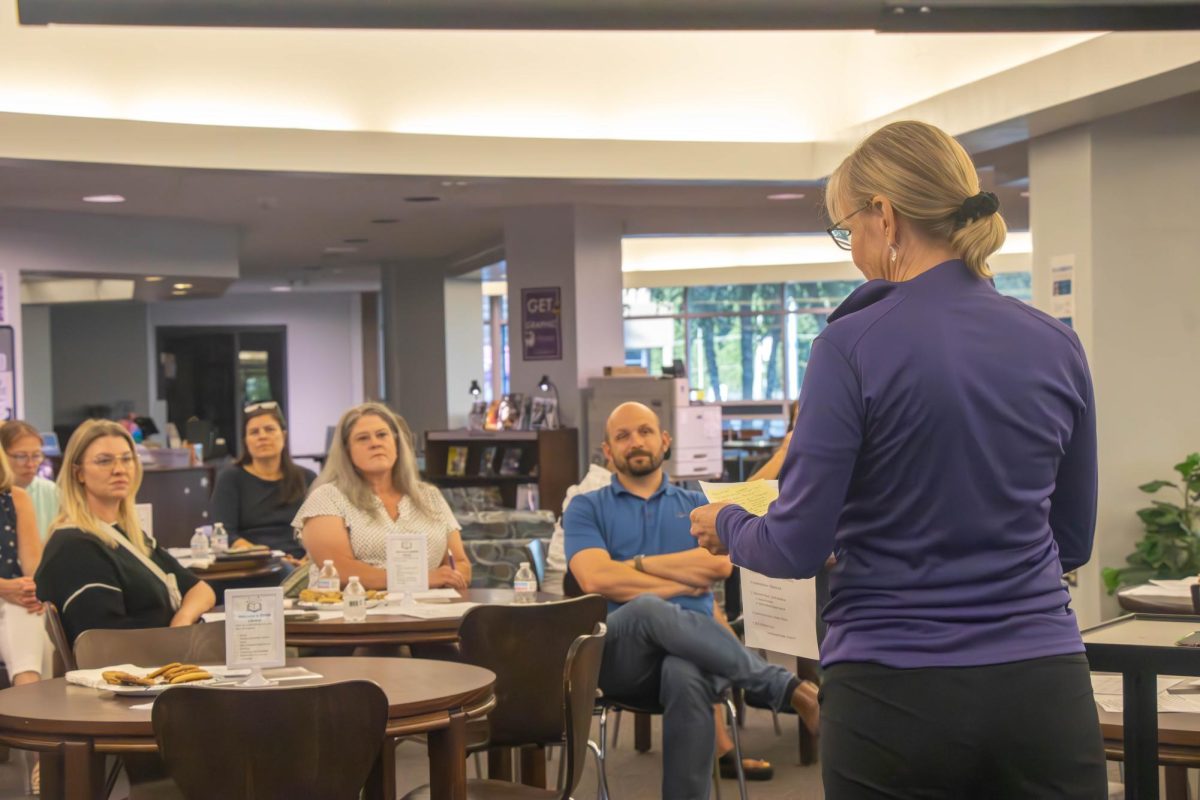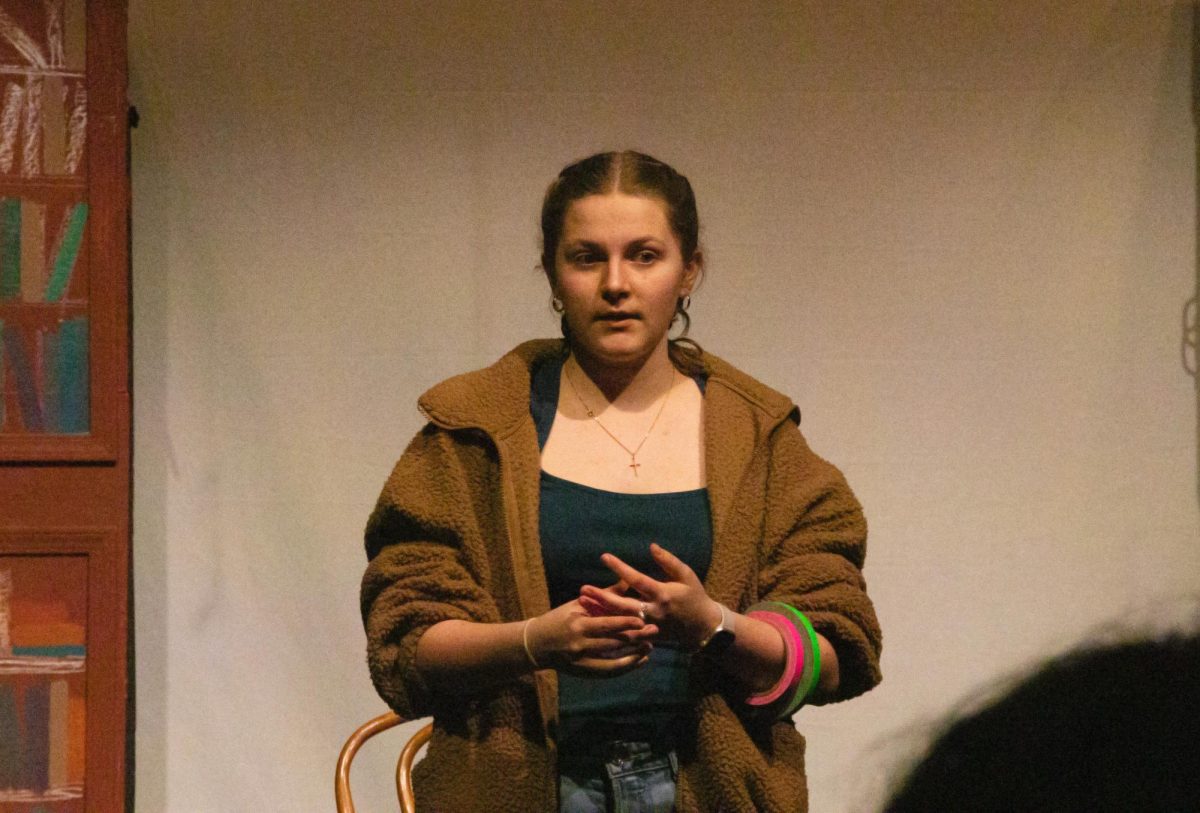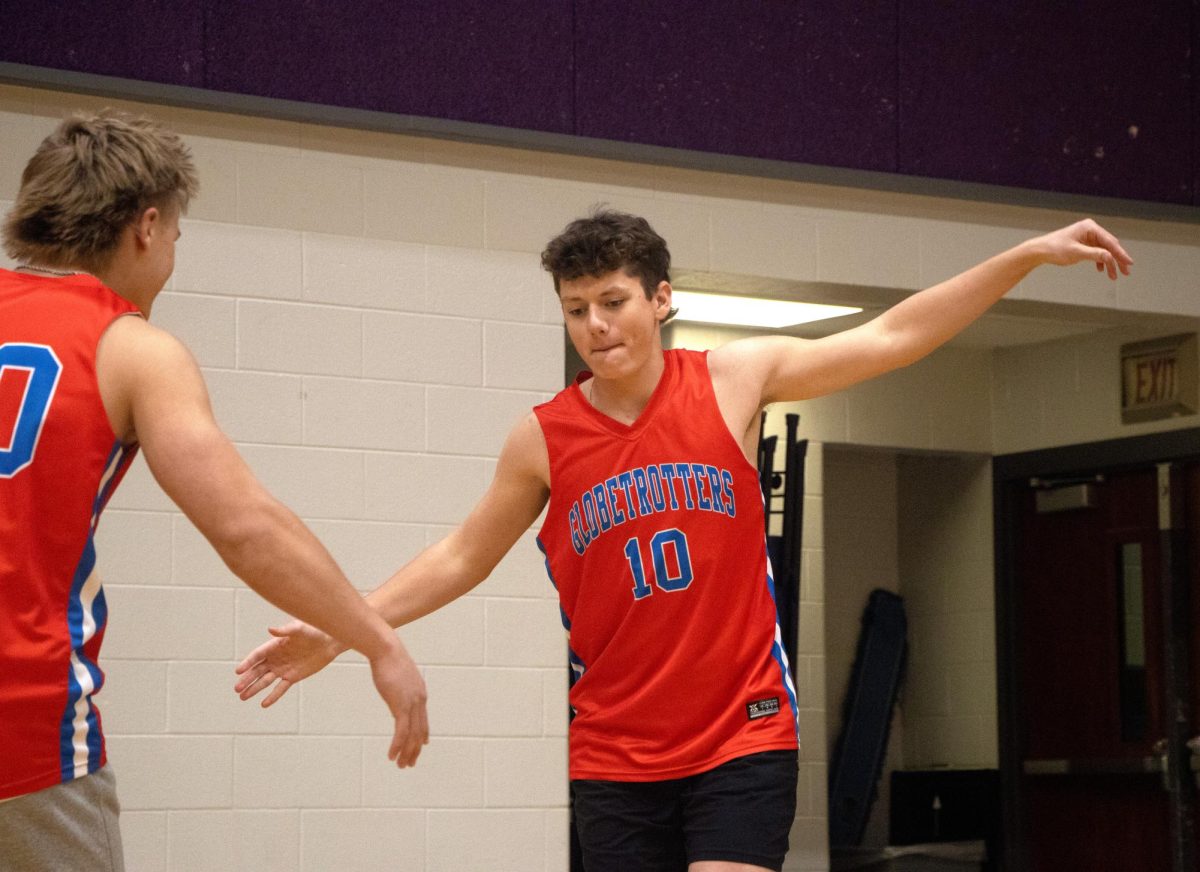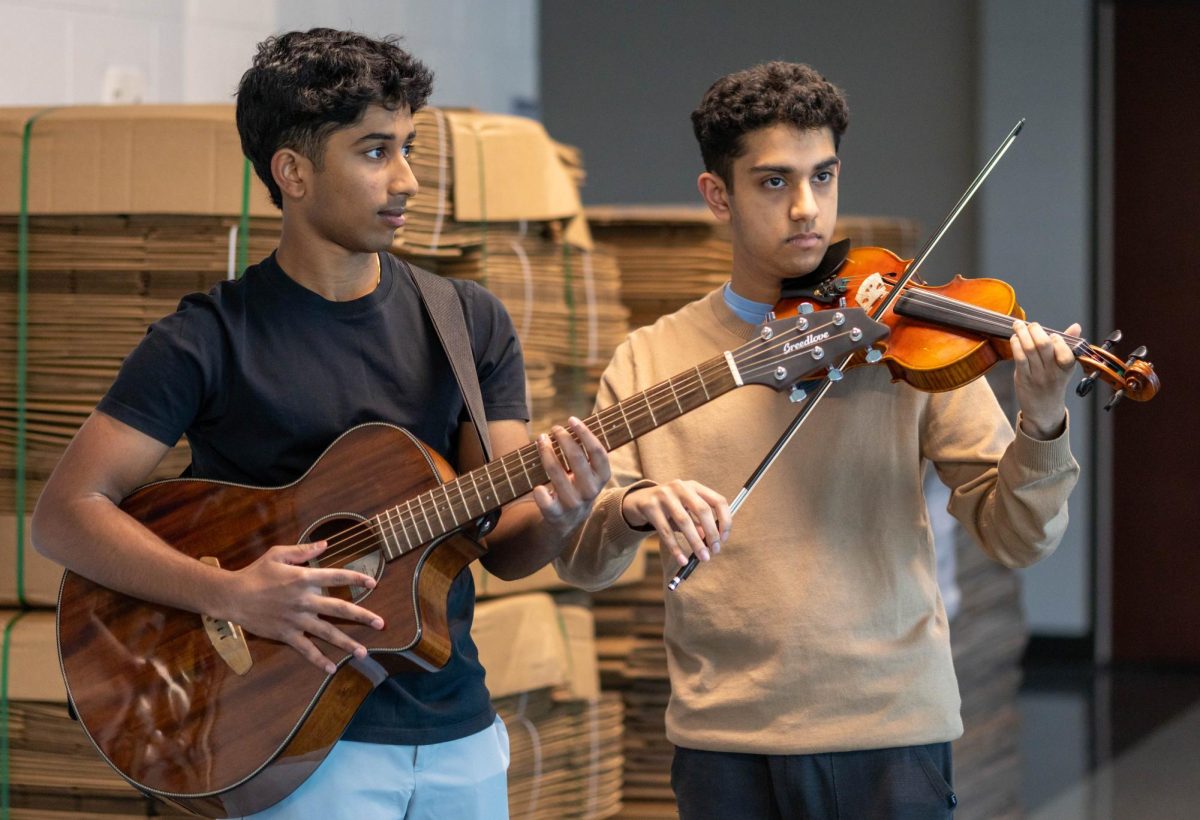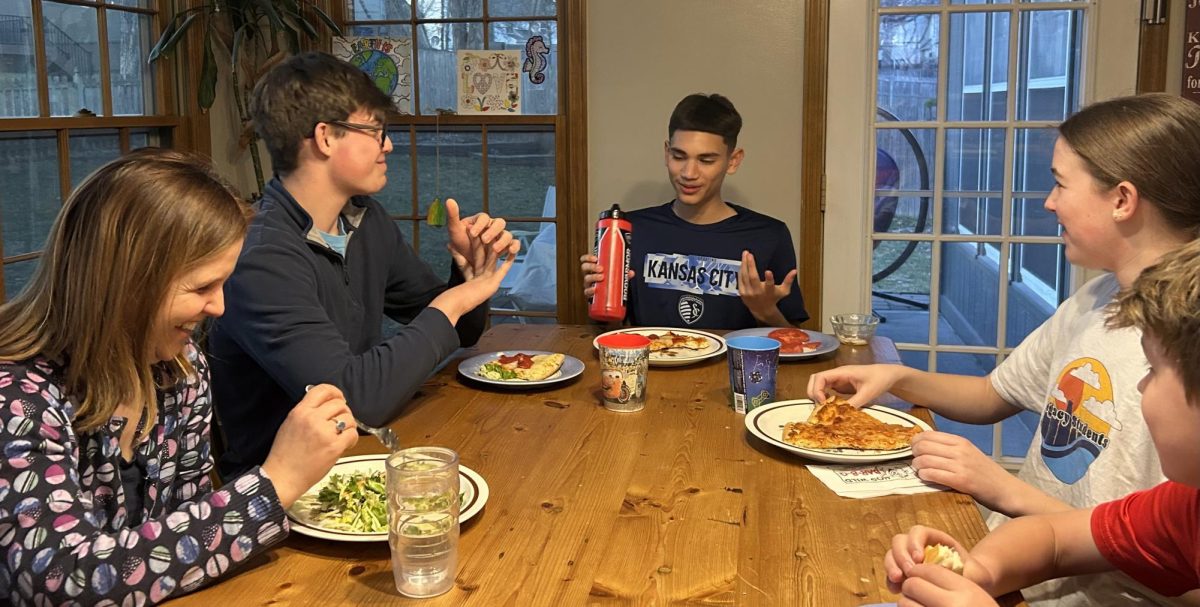Nervous about adjusting to the new language, people and culture of America, senior Luis Mataibanez entered Blue Valley Northwest as a freshman two years ago.
“It was completely different because it was a bigger school than mine in Mexico,” Mataibanez said. “If you put this school in Mexico, it will be a really expensive private school. It was terrifying at the beginning.”
Multicultural students have a variety of experiences adjusting to American culture and norms, due to differences in school systems, language and beyond.
Explaining one of the difficulties of adjusting to the new country and language, Mataibanez said it was hard to understand native English speakers because they often speak either too fast or too slow.
In a similar vein, senior Maximo Carrassquilla didn’t speak English as a child, despite being born and raised in Kansas by his Panamanian father and third-generation Irish mother.
“Up until the age of 7, I did not know English, I spoke Spanish. Only when my grandparents could not understand me then I had to, obviously, learn more English,” Carrassquilla said.
Alongside Spanish and English, Carrassquilla was also learning French and said the difficulty of managing three different languages while also trying to keep up with schoolwork caused misunderstandings about his academic abilities.
“I was made to go to a French Immersion School. At the time, they thought I was challenged academically. But then it was like, ‘Oh, he’s learning everything in three different languages at the same time,’” Carrassquilla said.
Senior Maho Gibbs, a current board member of the Spanish National Honor Society, joined Spanish NHS in the hopes of learning a new language and finding a new community.
“I’m really interested in learning new languages, so I figured it would be a good way to immerse myself,” Gibbs said. “I speak Japanese and English at home, so I wanted to be able to find a place where I could learn new languages and connect with more people.”
For Mataibanez, one thing that helped him find and connect with other people was sports. Currently, Mataibanez does swimming but when he first started at BVNW he dove into every sport he could.
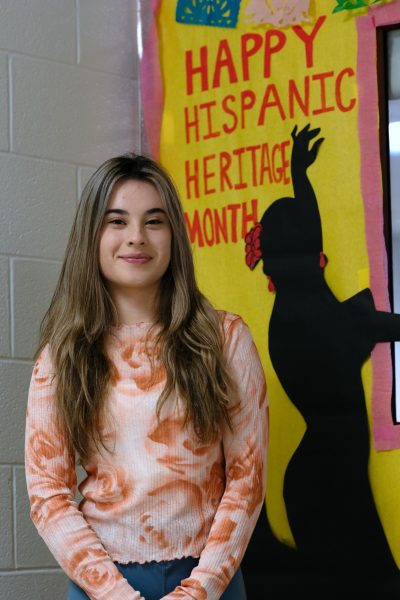
“When I got here, I did football, swimming and track, but right now I’m just doing swimming,” Mataibanez said. “By [participating in] sports, I made a lot of friends here.”
This is where Mataibanez noticed another difference between Mexican culture and American culture: competition and dedication.
“We always see America as the greatest in all sports. I saw it as a way to train with the best,” Mataibanez said. “In Mexico, the only [sport] they take seriously [is] soccer. [America is] really competitive.”
Over the past two years, through sports and his classes, Mataibanez has found a community that helped him not only adjust but also understand how the American education system functions.
“I remember when I got here, I didn’t understand how the classes were, like the whole schedule, AST stuff or the [ACT/SAT],” Mataibanez said. “My friends that speak Spanish explained it to me, for example, this girl, Cova Guerra, helped me a lot.”
Senior Cova Guerra moved to the United States in 2015 at age seven after living in Mexico. Guerra said at the beginning it was difficult to find where she fit in because she was starting to lose her own culture, but at the same time, she didn’t feel she belonged in American culture.
“I think now I just blend into the two. I guess a good metaphor would be I camouflage into whichever,” Guerra said.
Though Guerra now feels she has assimilated into American culture, she still does many things to keep her culture alive.
“At home, I speak Spanish full time with my family, so I won’t lose the language [and] I have a lot of Hispanic friends,” Guerra said.
Guerra said that she helped create the Hispanic Heritage Club as a way to get people in the same community to get to know each other, volunteer and share their culture with other people.
According to Mataibanez, the community he found after moving to America reflected the community he recalls was present in Mexico. Especially how the help he received here reflected the help an American would receive in Mexico.
“The unity between people, between Hispanics and Americans in general [was the same]. For example, if an American goes [to Mexico], we’re going to treat them [like they’re] home,” Mataibanez said.
Now it has been two years since Mataibanez’s move, he said he feels much more comfortable and blended with American culture. Mataibanez said he recalls several moments with the swim team where he felt welcome and accepted.
“My favorite [memory] is when we went to get tacos after a meet and my friend [challenged me] to eat these jalapeños and see who reacts more,” Mataibanez said. “I like the people here. I like how they’re people that want people like me to be here because in some way we’re important to America.”
Although Mataibanez has felt out of place, he has also witnessed the diverse and accepting side of America that he said has made him feel valued and respected by the people around him.
Carrasquilla has also witnessed the diverse side of American culture, a result of growing up in a heavily multicultural setting.
“In Kansas City, there’s a lot more diversity in schools, so you’ll get a mix of just about everybody, [a] bunch of different countries all over,” Carrassquilla said. “Not just that, my dad worked for the Hispanic Chamber of Commerce. So I was exposed to other cultures that way as well.”
For Carrassquilla, this has culminated in understanding the celebration and importance of culture and heritage.
“It gives light and respect to thousands of years of human history and cultivation and ingenuity. To disregard the differences is to disregard humanity itself,” Carrassquilla said.
However, along with the accepting and diverse side of American culture, Mataibanez has also experienced the side that hopes to silence his culture.
“One of the things that I like about America is the diversity. But sometimes there’s people that don’t like that and [we] have to deal with discrimination,” Mataibanez said. “Sometimes we speak Spanish between us and there’s people that say ‘You’re in America, you have to speak English.’”
In another instance, Mataibanez recalls receiving judgemental stares due to his parents’ accents.
“I went to Walmart with my dad, [he] started to ask for something, and because he had a stronger accent, the guy who was working there started to give us bad stares,” Mataibanez said.
Although Gibbs herself is not Hispanic, she has similarly noticed despite Hispanic culture has a lot of influence on parts of America, there are people who would rather push immigrants and their culture out of America.
“I think there’s definitely cultural influences in places that attract lots of immigrants, and otherwise benefit a lot from that rich culture that they bring with them,” Gibbs said. “We can’t just take all the good parts and then not want to accept the people when it’s time and they’re in need.”
Mataibanez said he doesn’t let the discrimination bother him and is secure in his place in America.
“At the end of the day, I think people that discriminate are people that are afraid. You’re afraid of things you don’t understand,” Mataibanez said. “For me, it’s like, okay you don’t like me? That’s fine, I’m [still] going to be here.”
Because of this specifically, Mataibanez said his family has continued to embrace and celebrate their heritage by keeping in contact with friends from Mexico. Mataibanez said music in particular has kept him connected to his family and his culture.
“Music is the thing that makes me more connected to my culture, it helps to remind [me] where I come from,” Mataibanez said, “It reminds me of when I was there and [how] I spent most of my childhood with my grandmas and [how] both of them had really different music tastes,” Mataibanez said.
According to Mataibanez, traditions have also helped him stay connected with his culture.
“Day of the Dead is really special to me because [we] put up an ofrenda and decorate it,” Mataibanez said. “We usually put up a picture of the people that you want to come visit you, and you put food [on the ofrenda].”
Carrassquila and his family also have many ways of keeping in touch with their heritage.
“My dad will usually make food like carimañolas or arepas; depending on who you ask, those foods belong to Venezuela or Colombia, but it’s the same either way,” Carrassquila said. “We’ll raise our flag during Independence Day, and we’re proud of it. We’ll play the music, do the whole nine yards.”
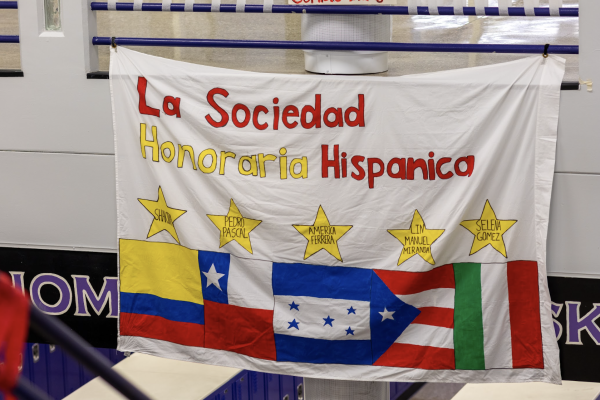
In order to create a space celebrating diversity and culture at BVNW, Gibbs has been trying to uplift Hispanic voices through her role on Spanish NHS in the form of activities like food days and inclusionary projects.
“I’ve been working really hard to make sure that we’re actually reflecting the voices of Hispanic students. I’ve scheduled meetings with ESL teachers, as well as the Hispanic Leadership Club,” Gibbs said. “I feel like through those people, we’ve been able to see what their vision is and how they may want a little bit more representation.”
One project Gibbs spearheaded was repainting the flags in the 200 hallways so they were accurately presented.
“I was kind of in charge of it, I suggested it, and we got that implemented because we felt that it was disrespectful to not have correctly drawn flags, because that’s representation that doesn’t mean anything,” Gibbs said.
Spanish teacher and Spanish NHS sponsor Heather Martens said that the foundation of the honors society was culture and the opportunity to learn and connect with others.
“I want it to be based on, you know, cultural activities, practices, any opportunity we can. So I’m always looking for more ideas, there is nothing set in stone that we have to do,” Martens said.
For Martens, incorporating cultural activities in Spanish NHS is important for building connections as well as celebrating the differences, similarities and diversity of each culture to understand that all people are connected.
“We’re all connected. We kind of all realize that we all care about our families, we all care [things]. We all have goals. We all want to be successful, and we all want to be accepted,” Martens said.


